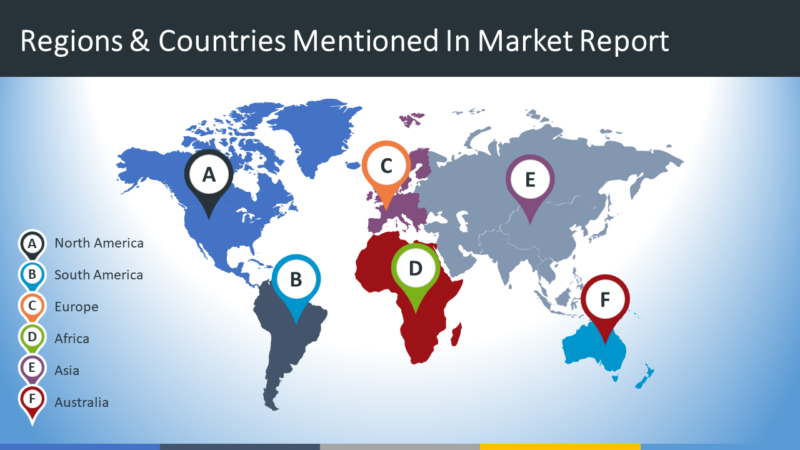Our view: Spending a surplus without party labels, partisan division

What if the extreme partisan politics seen in Madison and Washington all of a sudden went away?
What if Republicans and Democrats actually worked together to solve problems?
What if state and federal governments worked like local government, where party labels are not in the conversation?
Case in point, let’s talk about when government has a surplus.
Wisconsin has a $452 million surplus; at the local level, Kenosha Unified School District has a $7 million surplus.
Wisconsin’s is the result of extra tax revenue; KUSD’s is largely the result of savings from changing health insurance providers.
State lawmakers failed to work together to compromise on how to spend down the surplus. Republicans went their way on an income tax plan; Democrats and Gov. Tony Evers preferred increasing funding for schools and a property tax cut.
Majority Republicans passed their plan and sent it to Evers. The Assembly adjourned. Evers vetoed it.
Evers said he will not accept a plan “that doesn’t invest in our kids and our schools for mental health education or special education.”
Senate Majority Leader Scott Fitzgerald said, “He’s got a soft spot, and it’s always going to be more money, more money into education and ignoring other parts of state government.”
So for now, the state surplus will sit there, and neither schools nor property or income taxpayers will see any relief.
Now consider the KUSD surplus. No doubt there were competing ideas on how best to use it.
But the school board, working together, decided on a variety of ways to spend the money, including a one-time $1,000 stipend for all employees and upgrades and repairs at 20 schools.
In all, more than $2.5 million will go toward the stipends, and there were no dissenting votes in the package.
“We asked for a classroom expense and financial recovery package that included a stipend,” said Tanya Kitts-Lewinski, union president. “I think we’re happy with the stipend. We’ll take it because educators really need some relief.
The board also approved $81,200 for five educational support professionals security positions at different schools, $150,000 for the equity team for districtwide professional learning, and money for other areas.
How did they do it? They presented ideas, compromised, and didn’t come in wearing the Republican and Democrat labels and the tunnel vision that goes with them.
It worked in the case of KUSD, and it works largely for local governments, which are closest to residents. Debate, make the best decisions, and move forward.
KUSD employees will have more money in their pockets and schools will improve. Meanwhile KUSD families and the rest of Wisconsin residents won’t get a tax cut or benefit at all from the state surplus.









Recent Comments